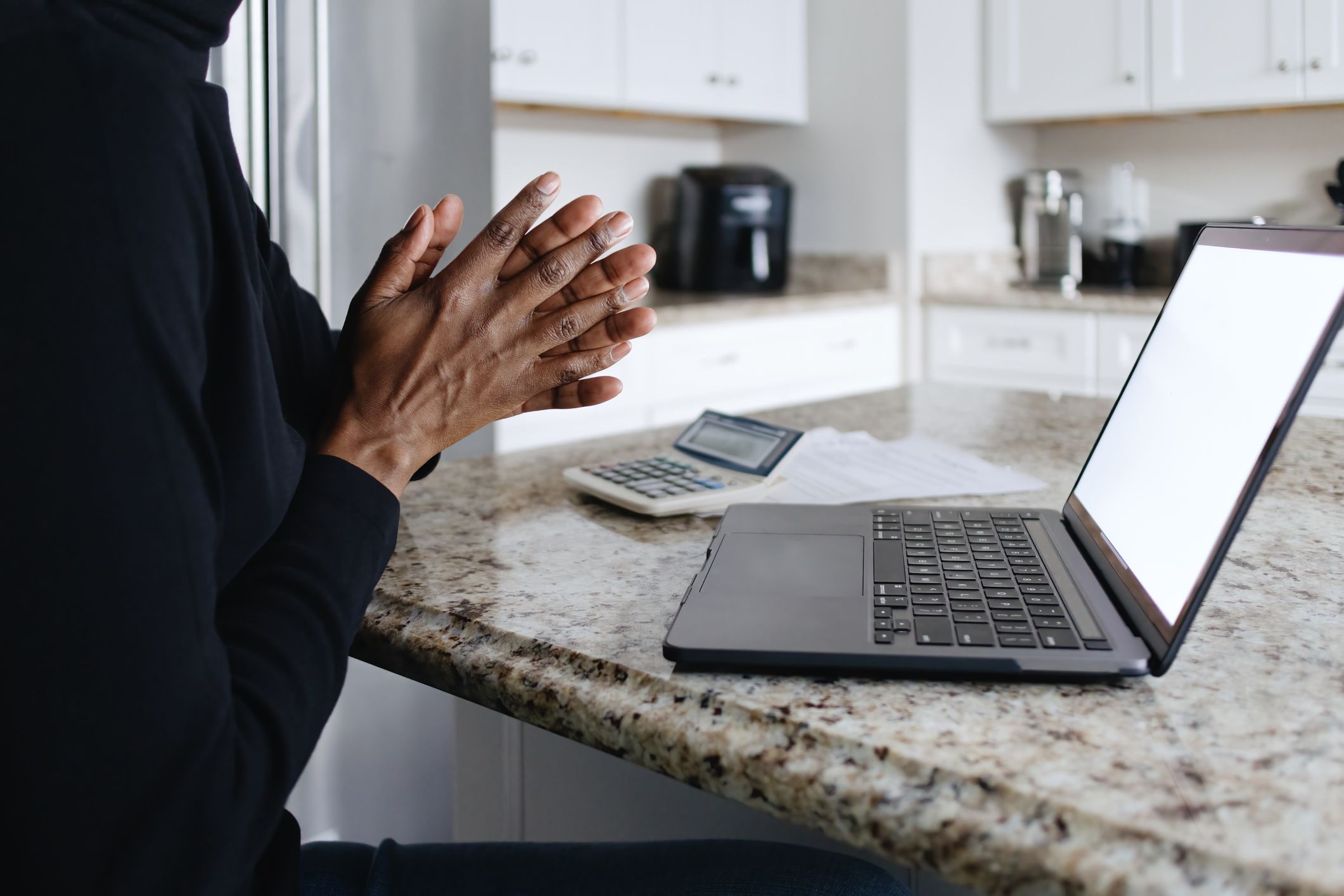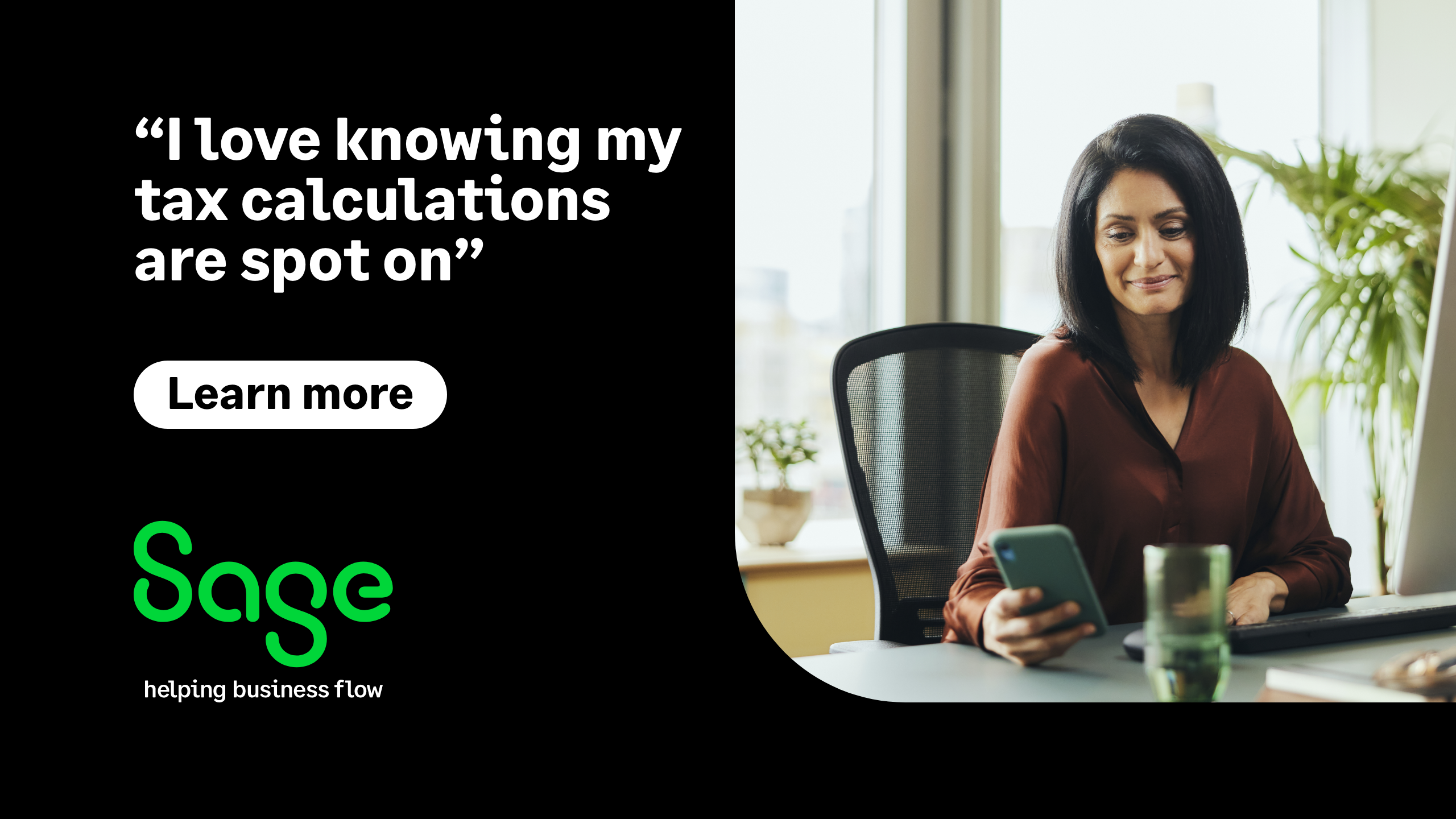Did you know you can claim back on tax when self-employed?
Running a business can be a fine balancing act, but there are ways you can claim back to ease your business costs through SARS.

Navigating the ins and outs of business ownership is a careful balancing act – from ensuring your company stays on top of business expenses, to profit, payroll, tax compliance, and customer satisfaction.
And while it may feel like running your own business can be costly at times, there are some ways you can save and earn back from your business expenses and taxes.
So, what can you claim back from SARS if you’re self-employed?
1Day-to-day business expenses – These are the costs incurred as part of running your business, such as business premises-related expenses like water and electricity rates, office equipment like stationery and furniture, staff salaries and admin costs, travel and transport costs like petrol or work-related travel, work-related clothing like uniforms or costumes, stock procurement or storage and transport, financial costs in terms of accounting or legal and insurance fees and promotional costs of marketing and advertising.
2Capital expenses – These are your once-off purchases as a business on major physical goods or services that your business will use in the long term. These include investment purchases for large equipment and machinery (including tools and furniture), business vehicles, office renovation costs, as well as hardware like tech equipment, laptops, and mobile devices.
3Education expenses – This refers to any costs that go toward investing in the training, upskilling, and further education of your workforce.
4Entertainment expenses – These costs include the costs your business uses towards things like purchasing coffee in client meetings or catering for business functions etc. However, you need to prove to SARS that the expense was business-related and not a personal expense.
5Other expenses – Additional items you can claim back in certain circumstances include:
- Start-up expenses – These are any costs incurred to help get your business off the ground before your first year of official trade.
- Assessed losses – This refers to losses made over the previous year that are tax-deductible.
- Charitable donations – Charity donations made by your organisation can be claimed against your taxable income – you simply need to ensure the organisation has a PBO (Public Benefit Organisation) number and can issue you a tax certificate.
- Retirement annuities – While saving up for retirement, you are exempt from tax on contributions made up to a certain amount.

What should you be aware of?
Like with most tax-related things, you need to be aware of the rules and requirements that surround the above deductibles and what does or does not constitute a business expense.
For example, you need to have a clear understanding of what defines and differentiates a home office before you can claim for costs incurred by it. If you’re making an office out of couch cushions or your dining room table or bed – you won’t be able to claim it as a deductible. A home office needs to be considered as a separate room in your home or property that’s exclusively used for trading and that is regularly and appropriately fitted for business functions.
Similarly, you need to understand that some assets that cost less than R7 000 can be claimed in full while assets costing more than R7 000 must be written off over time. This will help you carefully consider your business purchases and expensive equipment before investing by knowing whether it’s worth risking a business loss over time. It’s also important to remember that only the value an asset loses each year through wear-and-tear is tax-deductible.

What records should you keep?
For tax deductibles – having records or not will make or break your ability to claim back on your business expenses. Some records you should ensure you keep safe and on file for the tax-return season include:
1Entertainment expenses – If you have a client meeting or business function that required catering or coffee expenses, it’s wise to keep detailed notes on the meeting or event that tracks the date, the purpose of the entertainment event, who was present, location, and the cost.
2Depreciation schedule – If you’re claiming depreciation, particularly on assets that cost over R7 000 you need to show proof of how you calculated the amounts deducted from your taxable income and produce an invoice proving the purchase of the asset.
3Travel claims – Any travel-related expenses, including petrol, toll fees, and insurance – need to be supported by a detailed logbook with the odometer reading at the start and end of the financial year. To distinguish business travel from personal travel mileage, you need to provide detailed notes around each business trip taken that includes the date, reason for travel, and distance covered.
4Personal vs business – As the financial year moves along, you will likely incur overlapping personal and business expenses. Keeping a clear record of everything will help you to discern and differentiate between these expenses with ease as the tax year comes to an end. This will empower you to claim the correct amount for your business expenses and cut down on the worry of risking not being able to claim back with overlapping expenses you aren’t clear on. To help separate these expenses, it may be wise to contact your financial adviser and bank to set up a separate business banking account that ensures your business expenses remain separate from your personal expenses.
These are some ways to start claiming back from your business to save even more. Tracking it all can be tricky without the right system, thankfully there are online cloud-based accounting services available, like the platform offered by Sage, that will help you to track and store detailed accounts of your business expenses with ease. That way when the tax season comes around you needn’t hunt for faded paper receipts and notes on your device, but instead, you can have them all logged and organised and ready to present for your tax return claims. If you find yourself struggling to put together your business expense reports, be sure to contact your financial adviser or accountant for guidance.
To strengthen your business, find out more about Sage products and services here.


